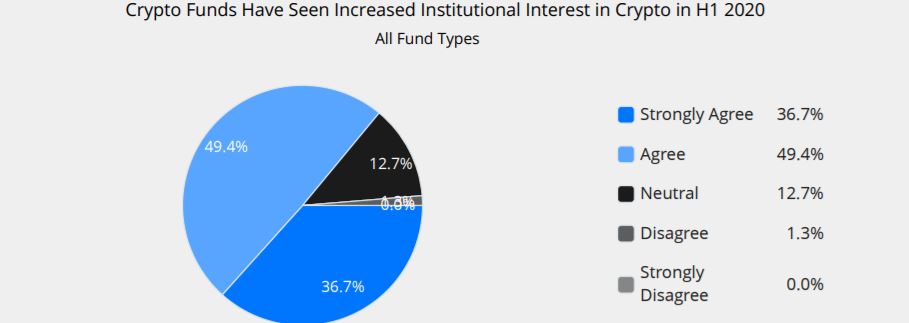Over the past decade, the crypto-market has diversified significantly and today, the average crypto-user has a wide variety of options in terms of coins and derivatives products to choose from. However, this growth hasn’t translated well when it comes to addressing issues pertaining to regulatory and tax compliance.
Tax laws and the IRS’s guidelines for crypto-users have historically been obscure and cryptic. In the past, there has been a lot of debate over a better crypto-tax policy and clearer guidelines for users.
In fact, with Ethereum transitioning towards a Proof of Stake consensus algorithm that is expected to reach fruition in 2020, more challenges will arise. This is especially true since it has long been maintained that payments made using virtual currencies are subject to Form 1099 and need to be reported, just like any other payment made. Ethereum’s staking rewards, ergo, may pose yet another threat to the same.
During a recent episode of the Untold Stories podcast, Roger Brown, Former IRS Special Counsel, elaborated on the need for a simpler and crypto-specific tax policy. According to Brown, obscure Form 1099-related rules have led to many people failing to report payments and transactions. He argued,
“People and many exchanges just didn’t do 1099 reporting because there’s actually a technical reason in the way the IRS has written the 1099 rules and that there was a legal basis for the exchanges not to do 1099 reporting.”
He went on to add that one of the key pain points when it comes to accurately reporting one’s payments and crypto-related transactions revolves around the fact that exchanges don’t always know a user’s entire transaction history. This is a barrier that hasn’t gotten enough attention from the government when it comes to framing tax guidelines, he said.
“They’re going to come out with regulations this year to address tax reporting on this form 1099 and in crypto, but they are not going to deal with the fact that, the core problem of inputs into tax calculation will be wrong because no single exchange knows to complete history of many of the people that trade on their exchange.”

Source: 2020 Crypto Fund Survey
This may pose to be a huge challenge and risk for the crypto-industry, given the fact that its growth is steadily increasing over time.
In fact, a recent survey by Crypto Fund Research had noted that 86 percent of crypto-funds saw institutional interest in crypto-investments increase during the first half of 2020. This growing interest, coupled with the recent proposal by U.S President Donald Trump for a cut in capital gains tax, may further boost the popularity of digital assets in the market, leading to a surge in crypto-users and making matters even more complex for the IRS and its crypto-tax policy.
The post appeared first on AMBCrypto






